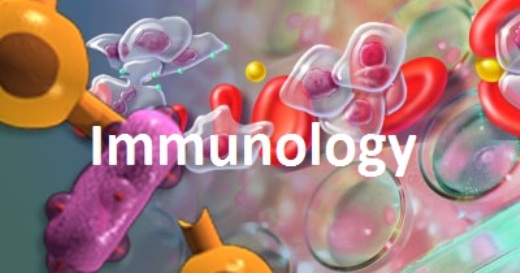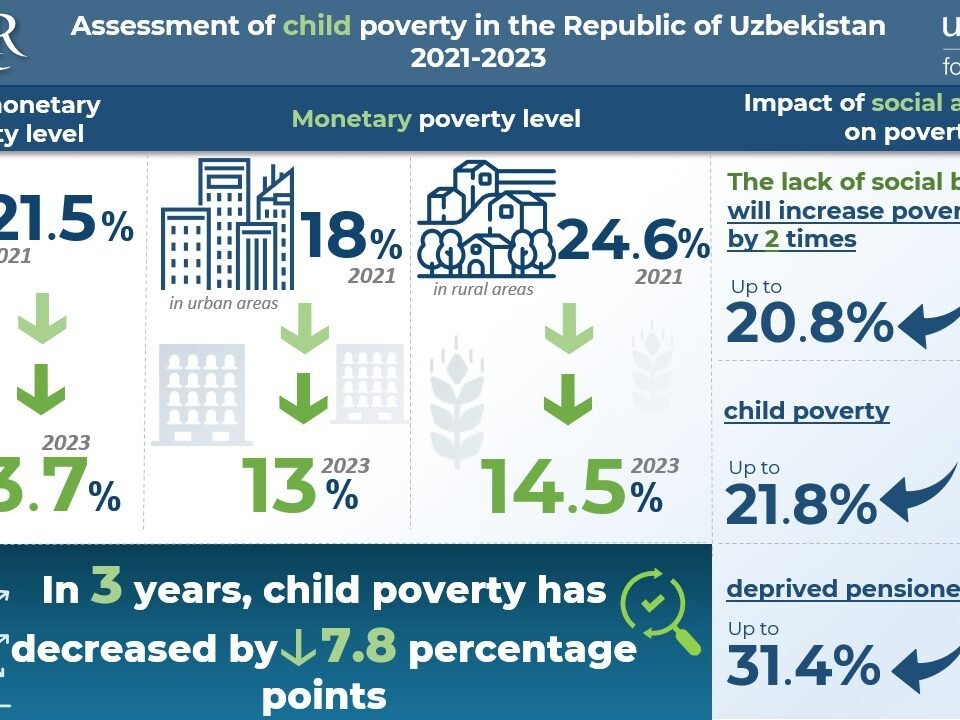The Institute of Immunology has been transformed into the Republican Scientific Center of Immunology. And from now on this establishment will function not within the system of the Academy of Sciences, but that of the Ministry of Healthcare.
Within the nearest future the staff of the abolished institute will undergo attestation prior to moving to work to the Center.
This establishment takes its origin in 1985 as a branch of the Institute of Immunology of the Ministry of Healthcare of the former Union. By the Resolution of the Cabinet of Ministers of the Republic in 1994 it was recognized as an independent Institute of Immunology of the Academy of Sciences of Uzbekistan.
Four departments will operate at the Republican Scientific Center of Immunology after transformations: departments of experimental immunology, genetic-cellular technologies, immune-biological and pharmacological research and immune-hepatology.
Initially the scholars of the Center will continue to conduct research work started out earlier at the Institute. In particular, they worked here on the improvement of diagnostics and treatment of drug-resistant forms of tuberculosis, viral hepatitis B and C, cardio-vascular diseases, cystic fibrosis in children, acute bronchitis and HIV/AIDS. It is noteworthy that researchers worked on these issues not only within the framework of research grants awarded by the Committee for Coordination and Development of Science under the Cabinet of Ministers of Uzbekistan, but also within the framework of international projects in cooperation with their foreign partners.
One of the projects was aimed at the study of characteristics of domestically developed Getasan and Rutan drugs and their effectiveness in relation to suppression of HIV-1 reproduction in different cellular models susceptible to HIV infection.


























